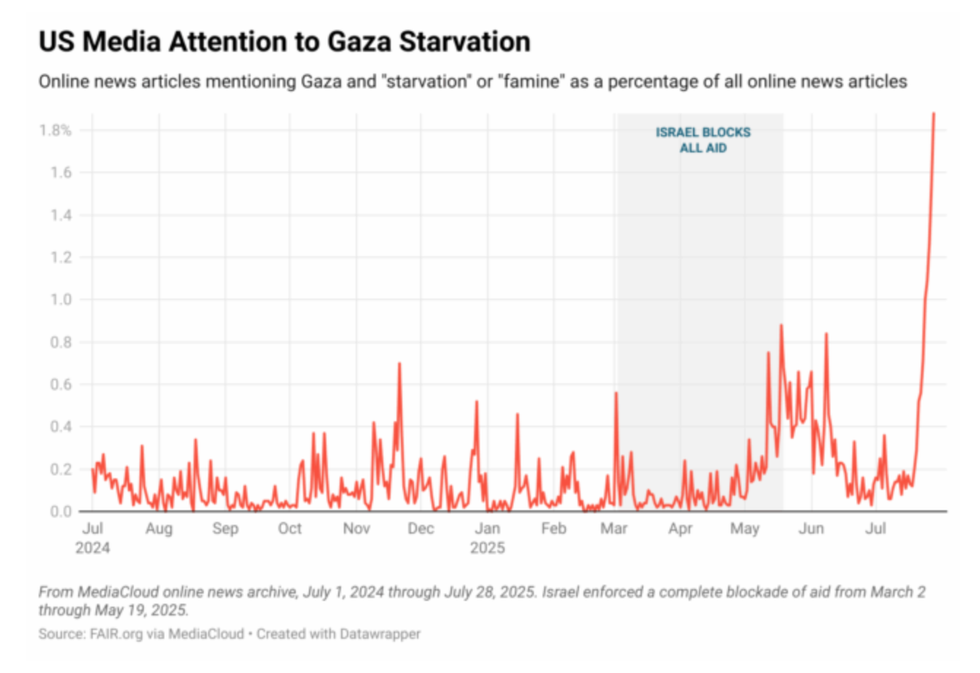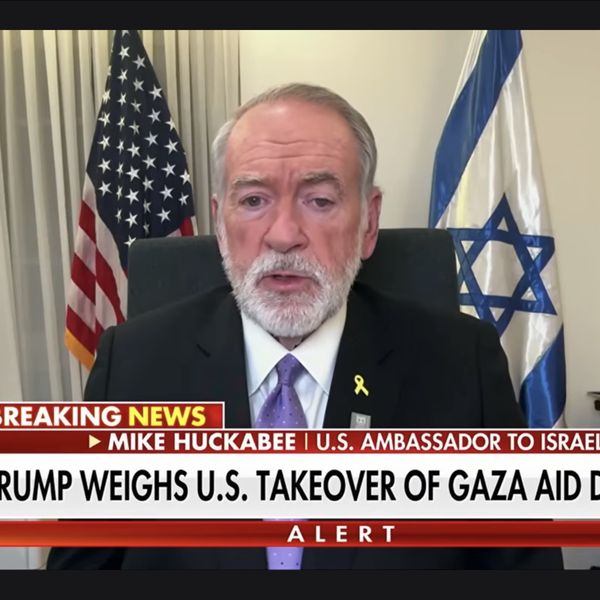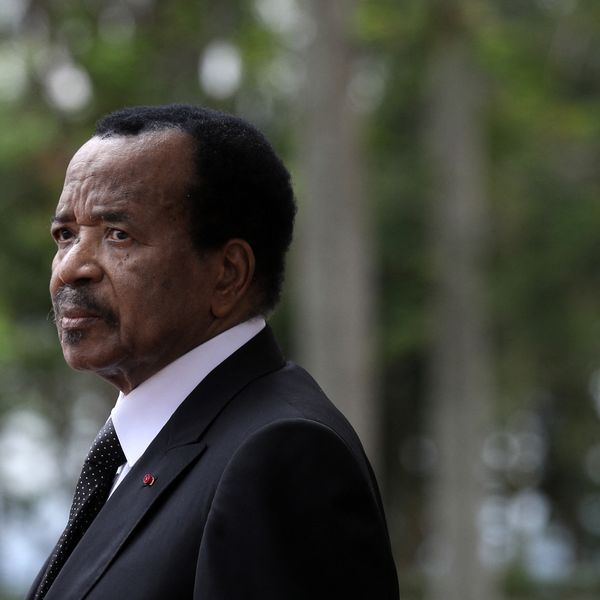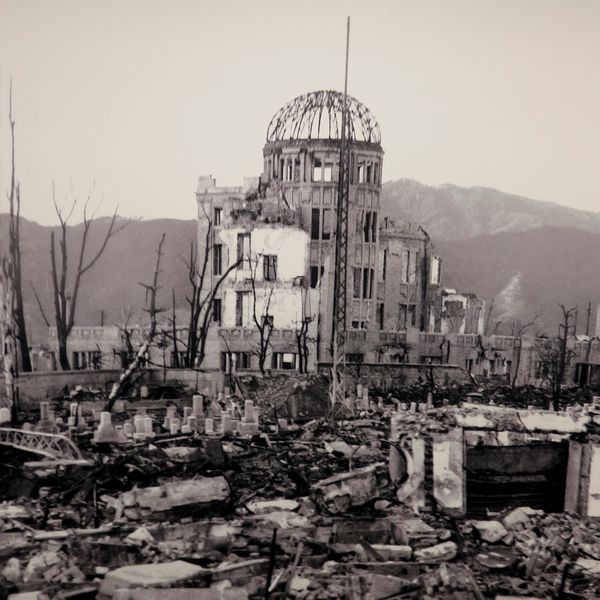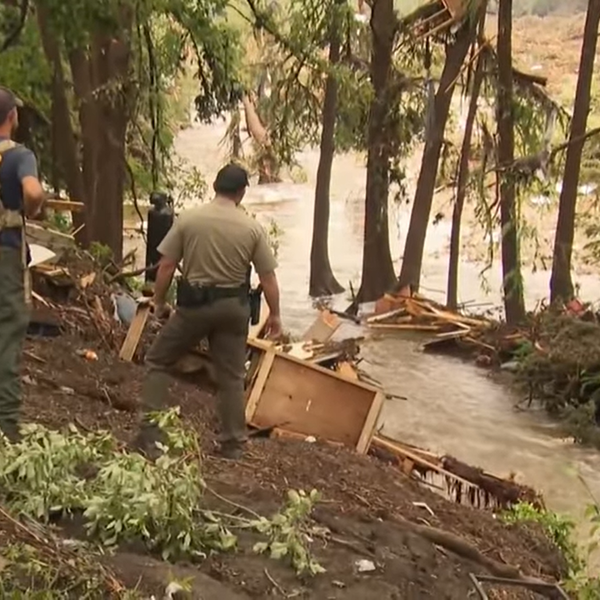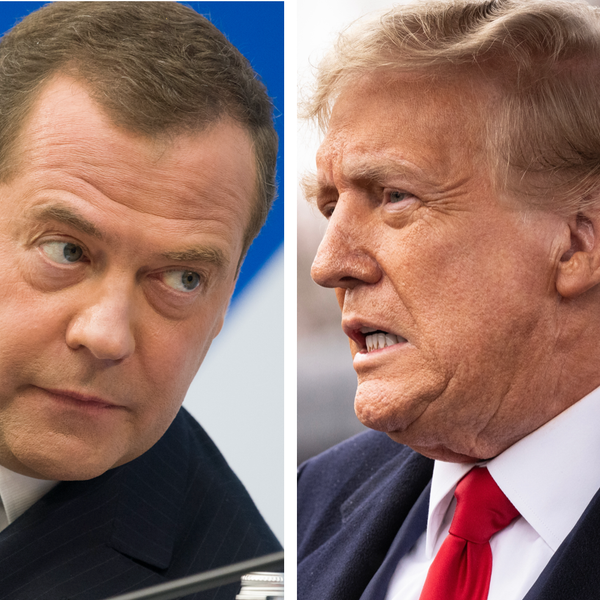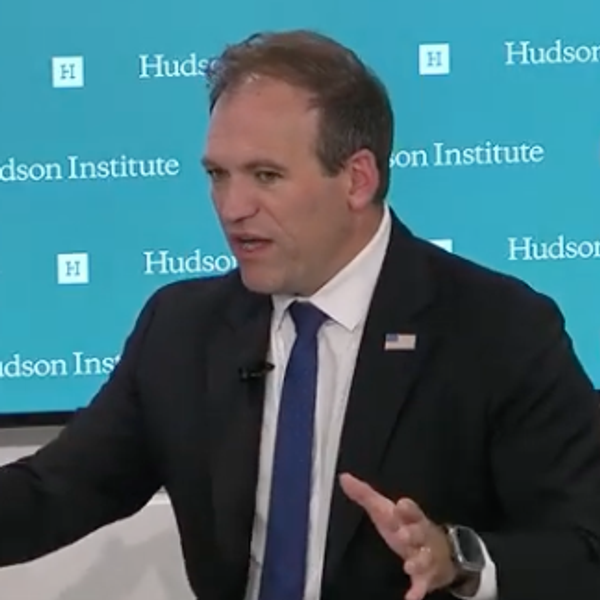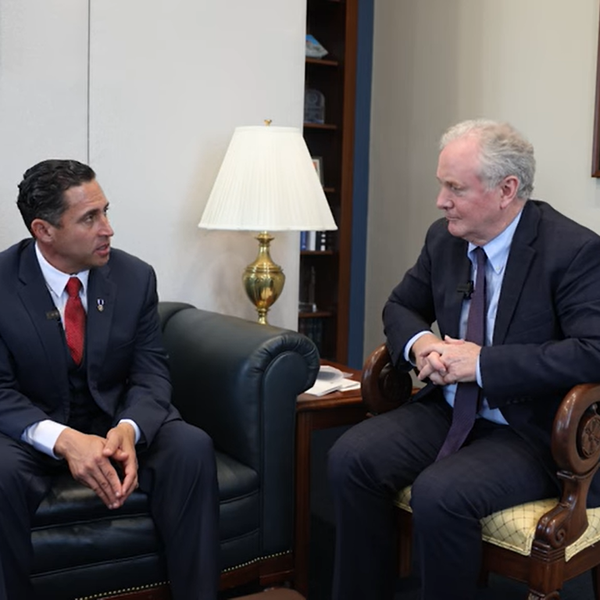As an Army infantry veteran and a member of the Korean War Veterans Association (KWVA) and Korean Defense Veterans Association (KDVA), I applaud the Biden administration’s consideration of an end-of-war declaration for the Korean War. I served along the demilitarized zone in South Korea from 2014-2015 at the United Nations Command Security Battalion-Joint Security Area and have friends who are still stationed there. To those of us who have served in Korea, the prospect of renewed conflict is real. Policymakers should do everything in their power to make sure that we close that chapter of conflict responsibly.
Ask any service member that has served at the DMZ and they will tell you how tense it is on the ground. Having stood face-to-face with North Korean soldiers myself, every move is watched by both sides. Walking through the T2 building at the Joint Security Area that bisects the border, I was constantly reminded that things could flare up at a moment’s notice. A single movement by a guard or a civilian on tour could be misconstrued as threatening and spiral out of control. Sometimes, unpredictable crises would ensue, as in November 2017 when a worm-infested North Korean defector ran across the border into South Korea. Finally, disaster could be slow-moving. With nearly a million landmines covering the DMZ, a landmine explosion could trigger a more significant conflict if one side perceives it to be the opening stage of an attack.
Given such a high degree of uncertainty, diplomatic efforts to formally end the 1950-1953 Korean War are something that every veteran and military family should support. An Armistice Agreement stopped the fighting, but a true peace treaty has never been signed.
The KWVA appreciated the talks between former President Trump and Kim Jung Un, even though they did not lead to transformation in bilateral relations as pledged in Singapore. Tim Whitmore, an air medic stationed in South Korea in 1954 and the current National Director of KWVA, stated in 2018 that, “I personally pray for a strong and lasting peace with a reunited Korea.” And Tom Stevens, the previous president of KWVA, stated in 2018 that, “The Korean War Veterans Association, Inc. is hopeful that the recent talks between President Trump and Kim Jung Un are only the first step which ultimately results in peace on the Korean Peninsula.”
The KDVA also held peace talks in July of this year alongside the Korea-U.S. Alliance Foundation, in which one of the speakers, Markus Garlauskus, himself a KDVA member and a nonresident senior fellow at Atlantic Council, stated, “the question of denuclearization of the Korean peninsula, and the total end to North Korea’s nuclear capabilities, is not a question that can be resolved through force of arms at an acceptable cost.”
Indeed, ending hostilities necessitates a political solution that addresses the underlying causes of instability. The cost of another Korean War on the Peninsula would be catastrophic. A conventional war would put the 28,500 U.S. service members stationed in South Korea in harm’s way. According to the Congressional Research Service report from 2017, “an escalation of a military conflict on the peninsula could affect upwards of 25 million people on either side of the border, including at least 100,000 U.S. citizens, even if the DPRK uses only its conventional munitions.” Those conventional munitions are capable of firing 10,000 rounds per minute at Seoul according to the same report. That level of devastation should be wholly unacceptable to the Biden Administration.
Joint Chiefs of Staff chairman General Mark Milley recently stated, "Our intent in North Korea, or China, or Russia, we want to maintain a military capability and a diplomatic level of effort to deter war.” The key is to invest in diplomacy and to give policymakers space to make hard choices when necessary.
Veterans of the Korean War, especially service members who have served on the Peninsula, want to see a formal end to this original “forever war.” But an end-of-war declaration is only the beginning of a long process of peacebuilding. The United States and North Korea, as well as the North and South, whose civil war continues on to this day, will need to build trust and political support for a peace declaration, peace treaty, and an eventual peace regime to institutionalize peace on the Korean Peninsula. Without it, more men and women will be sent in harm’s way, unsure if we will return home.


